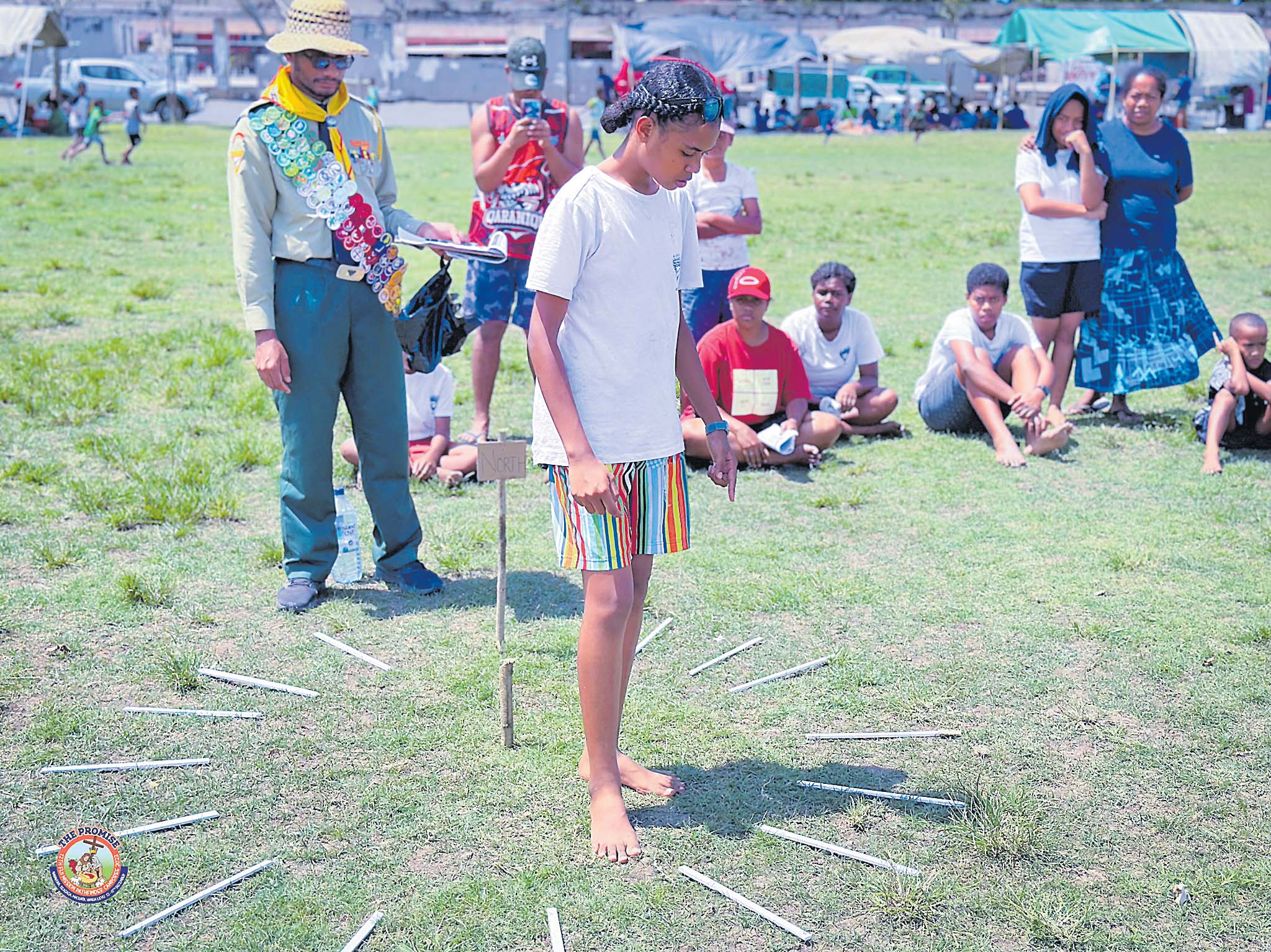Pathfinder can be loosely described as someone who discovers a way or explores untraversed regions to mark out a new route.
You can call a dog a skillful pathfinder.
That’s because a canine will always find its way home and to its master using superior navigation skills.
In fact, in the i-Taukei vernacular, there is an idiom that goes like this – sala kece ga ki na koro (all paths lead to the village, which is said to be a dog’s motto or bole nei ra koli).
The word pathfinder has been used to mean a number of things including a non-governmental organisation, a class of Nissan four-wheeled drive, a game, a brand of boats and even an investment company.
But the pathfinder I am familiar with brings back cobwebbed memories from the 1980s and 1990s when I was a young Christian boy growing up to discover the world.
In those days of naivety, Pathfinder was a church-based club where we were taught march and drill, how to tie a variety of knots (from sheepshank to bowline), how to light a fire and having fun among peers.
The club was an amazing ‘place’, where I learned about nature and the divine creator who designed everything under the sun in six hectic working days and rested on the last day of the week called the Sabbath.
Before I studied Elementary Science and Biology in detail, at both senior primary and secondary school, I knew many things about dogs, stars, fish, seashells and the plant world because I studied them in church.
Yes in church.
I loved nature walks, when we would take a stroll in the outdoors and pick a stone, twig, flower or fruit on the way and talked about their unique features and how they revealed the character of the master designer.
Each of those nature trips taught me how to appreciate the gift of creation and drew me closer to the superior being who created them.
Pathfinder also taught me responsibilities at home and in the world, as well as the relationships I shared with other fellow human beings and living things.
We were taught how to help mum and dad with chores such as stitching, cooking, laundering, baking, gardening, knitting, paper crafting and hundreds more from a comprehensive library of honours.
After successfully passing exams in the various fields taught to us, we were given honour badges as a reward for being competent in those subjects.
Those badges were then put on a green sash and worn as part of our uniforms.
In church, we learned about worms, bats, insects, flowers, fungus, butterflies and ferns and many other living things.
We were free to learn about useful trades like agriculture, beekeeping, fishing, dairying, cattle raising and other forms of animal husbandry.
There were lessons on spiritual growth such as missionary work, media evangelism, praise and worship, Bible reading and marking, and knowledge.
Then there were outdoor lessons on camping, canoeing, caving, swimming, first aid, hiking and water safety, among many more.
All these were learnt between the ages of 10 and 15, a time of dynamic brain growth and development when pre-teens and teens experienced changes in their bodies, experimented and tried out new things and explored the world around them.
One of the requirements of being a Pathfinder was attending weekend camps, where every subject we learned was often put to practice, from setting up camps and knotting wash basins to tracking in the jungle using a compass and sending messages through morse code.
Camps always had exciting and fun activities that encouraged team work and bonding and strengthened frienship ties.
I was one of the top pure science students in my senior school years because I was able to easily relate what I learned in school to what I was taught by my counsellors in church.
We learned how to care for the disadvantaged and weak through periodic visitations to hospitals, elderly people’s homes and giving food to the poor.
We gave out flyers and pamphlets in public places and learned how to interact with strangers and encourage them to walk in the light.
One of the most unique aspects of the club, when compared to others, is its emphasis on having and maintaining a relationship with man and God.
Although I’ve been to the world and continue to advance my career, the little things from those Pathfinder days over three decades ago have remained vivid in my forty-something heart and mind.
I can still remember hundreds of choruses I was taught, hundreds of memory verses, I can still recite all the 66 books of the Bible in their correct order, from Genesis to Revelation,
I can still sing the old club song “Oh, we are the Pathfinders strong… “ and I can still recite the poem I learned in church as a six-year-old –”This morning I was happy….”
The club may have been just a way to keep me occupied in those years of childhood but it played a huge role in how I perceived the world and
interacted those around me.
It made me a survivor in the face adversity.
And it also continues to convict and remind me of my responsibilities as a citizen of a diverse and corrupt planet.
Wherever I go in the world, and despite my spiritual status, my Pathfinder knowledge, skills and experiences have always and will forever go with me.
To all Pathfinder clubs and members in Fiji who took part in the World Pathfinder Day on September 16 and those preparing for your end of the year national camporee in Naravuka, Seaqaqa in Macuata, all the best in your preparations and lift high your beacon of light for the world to see!



